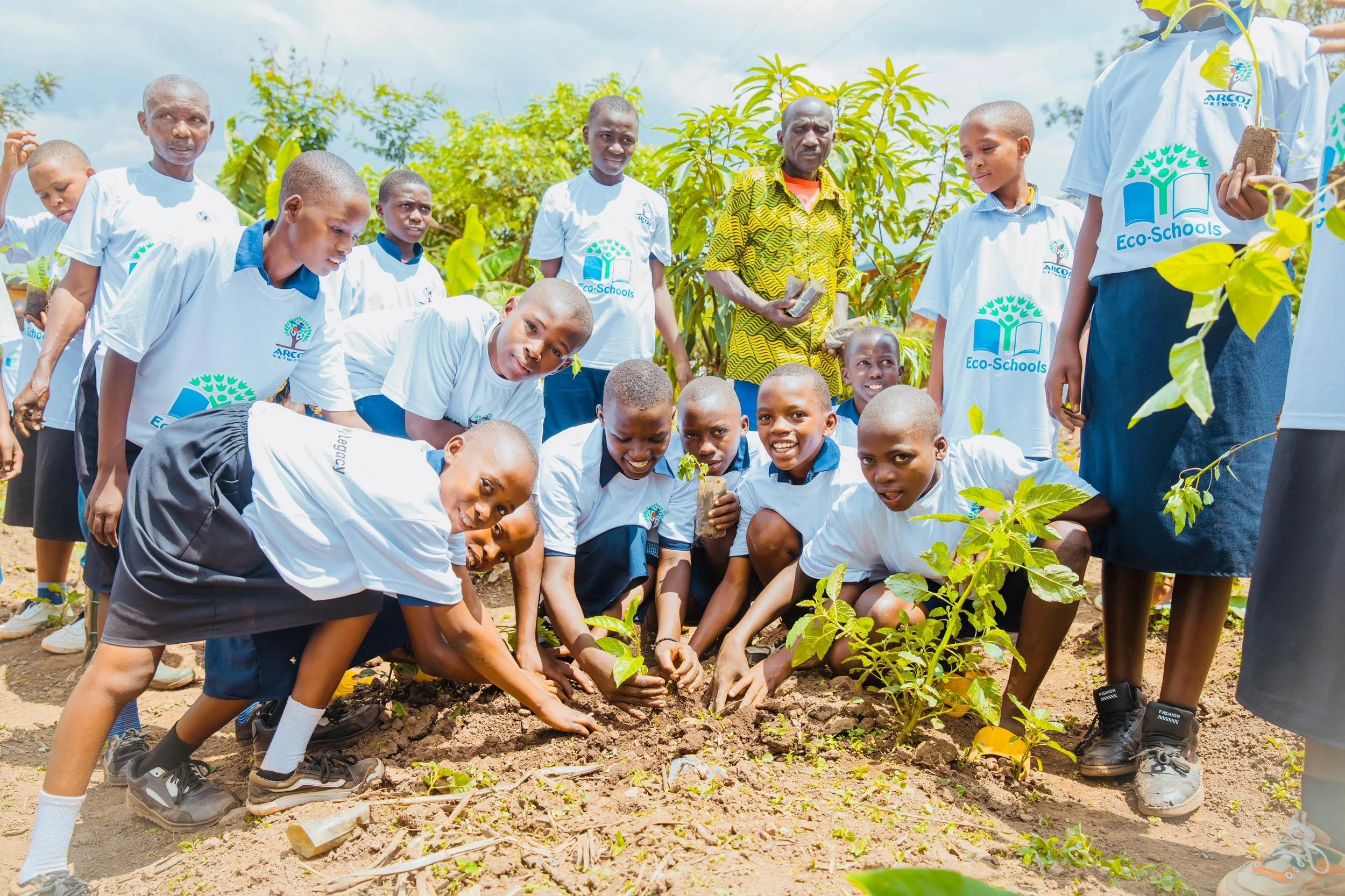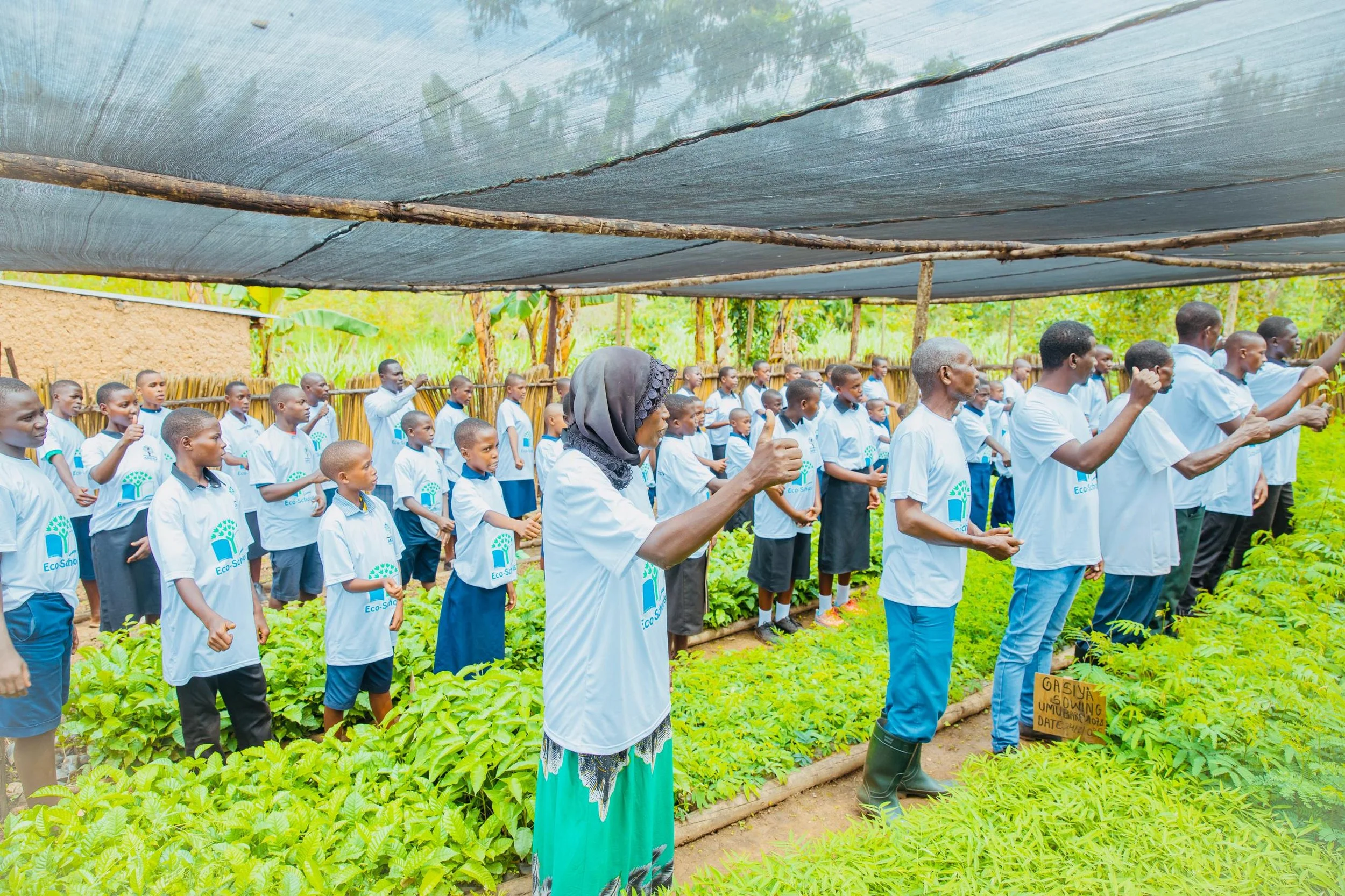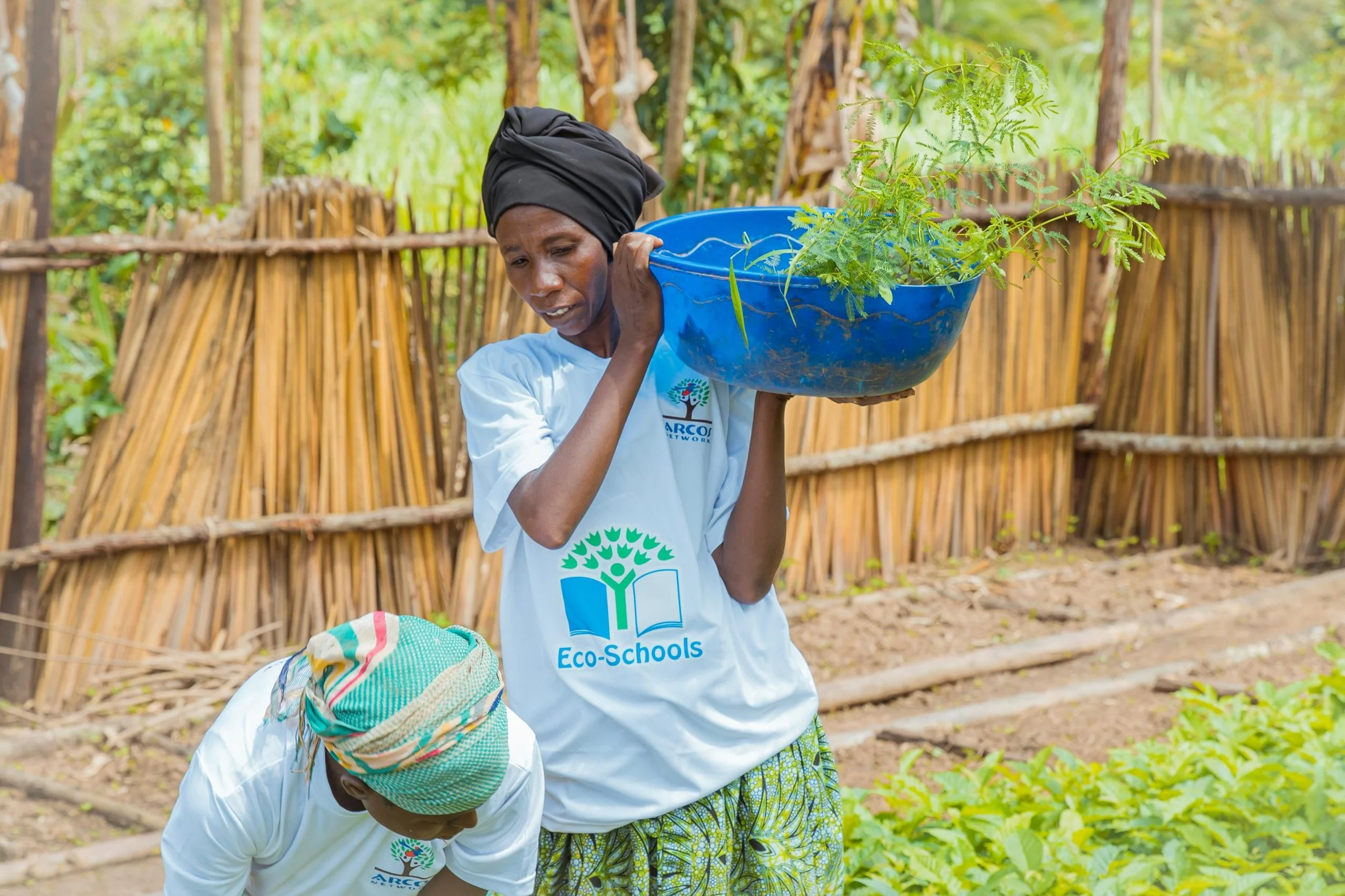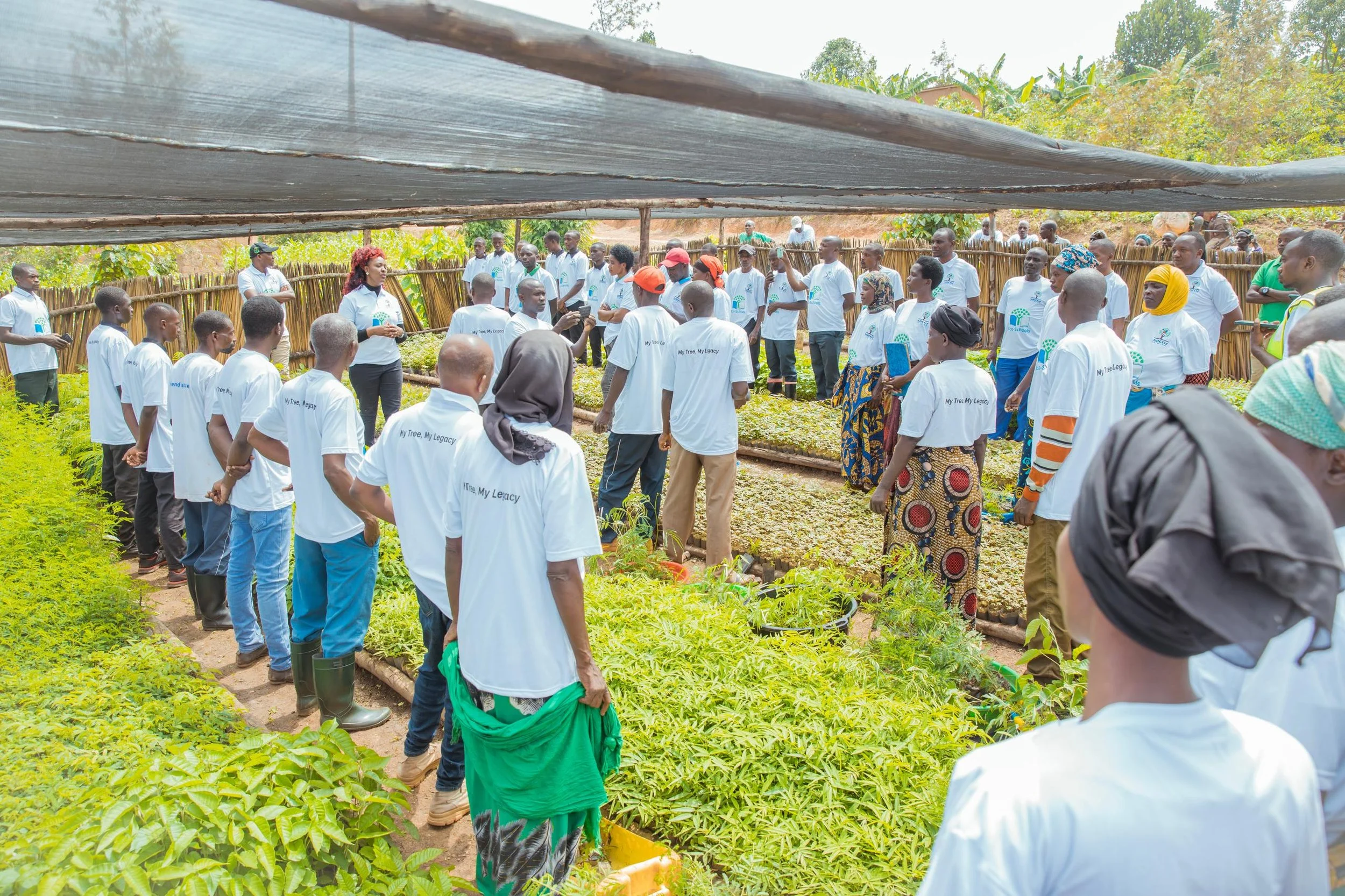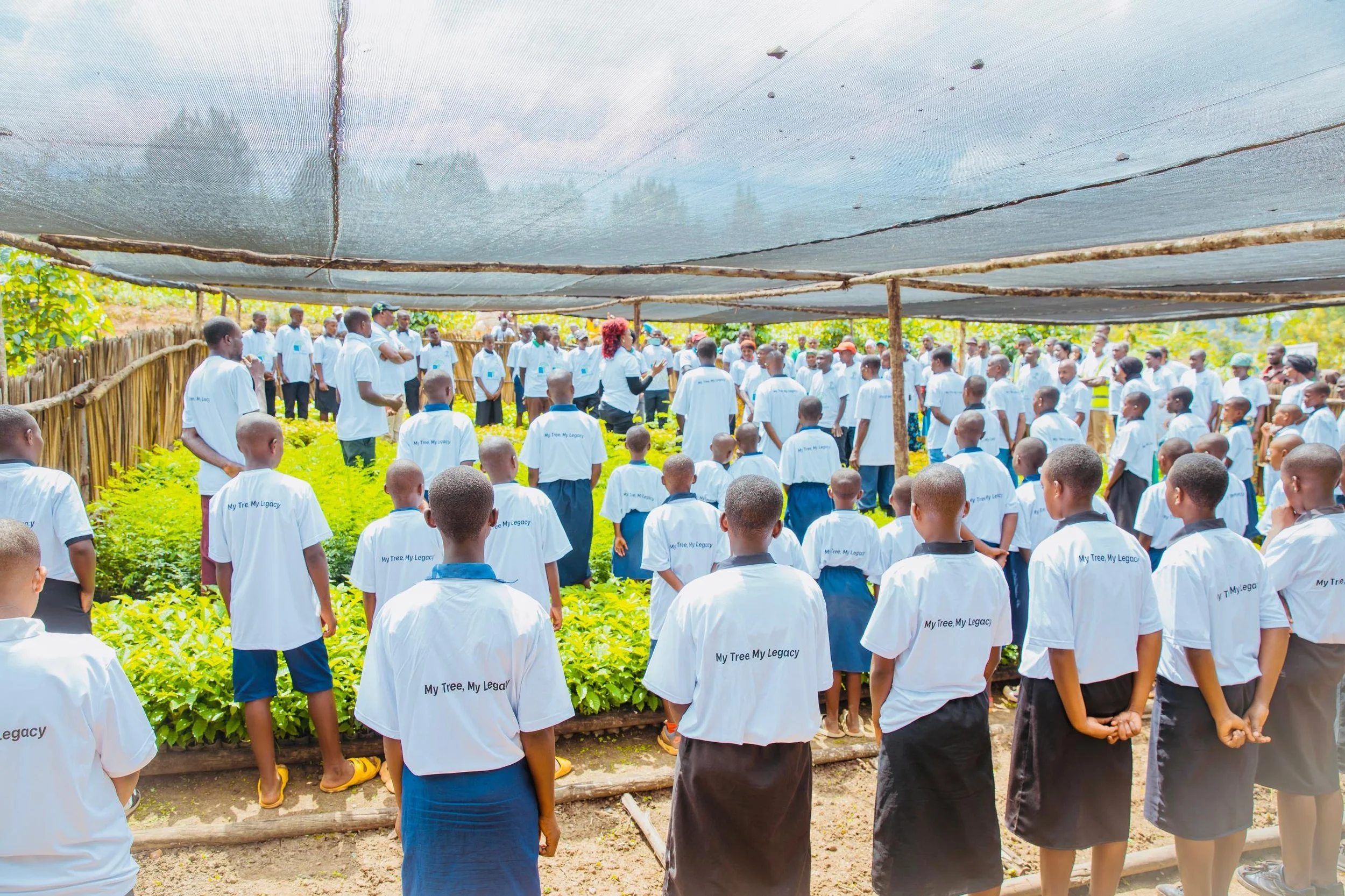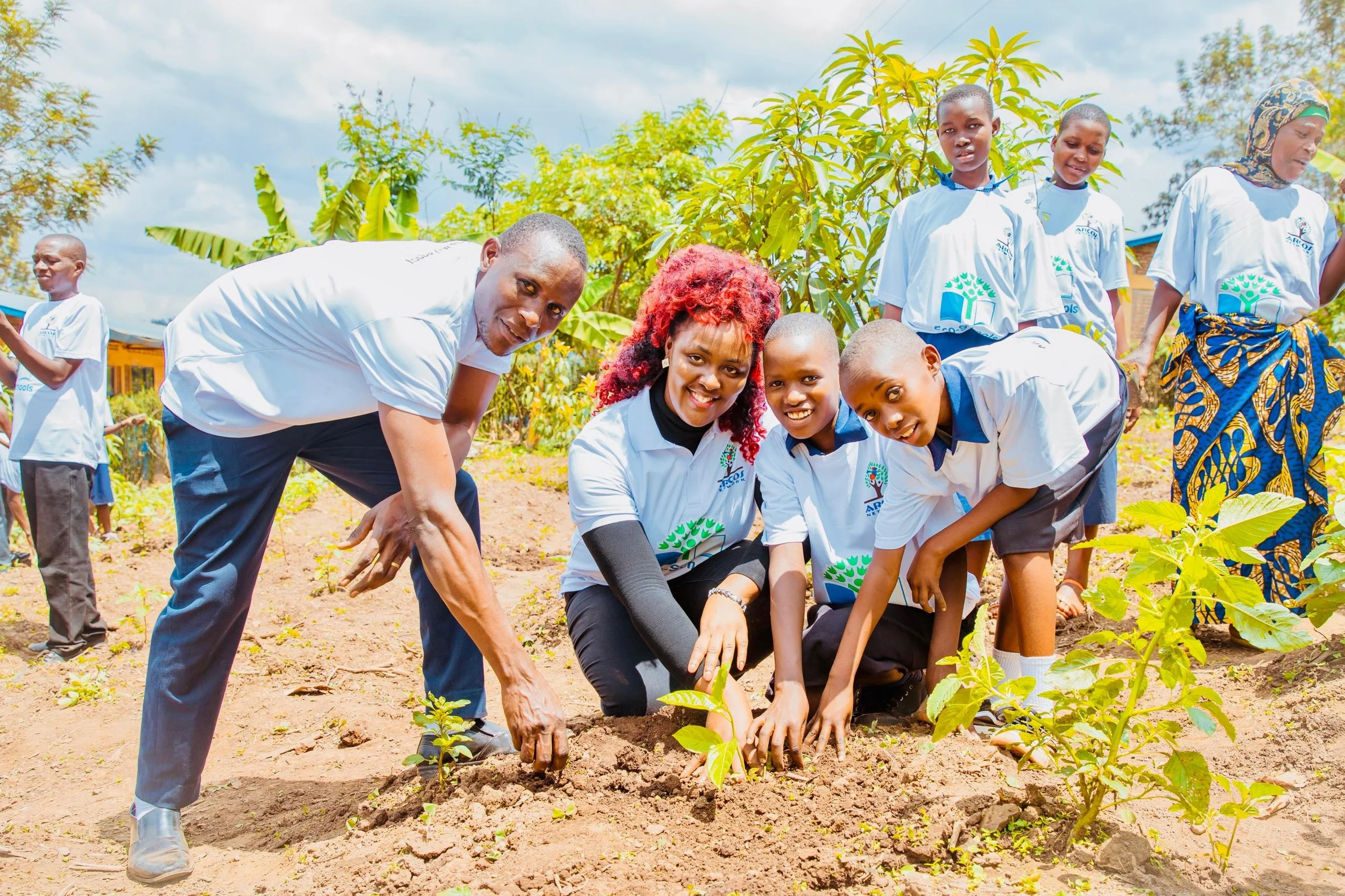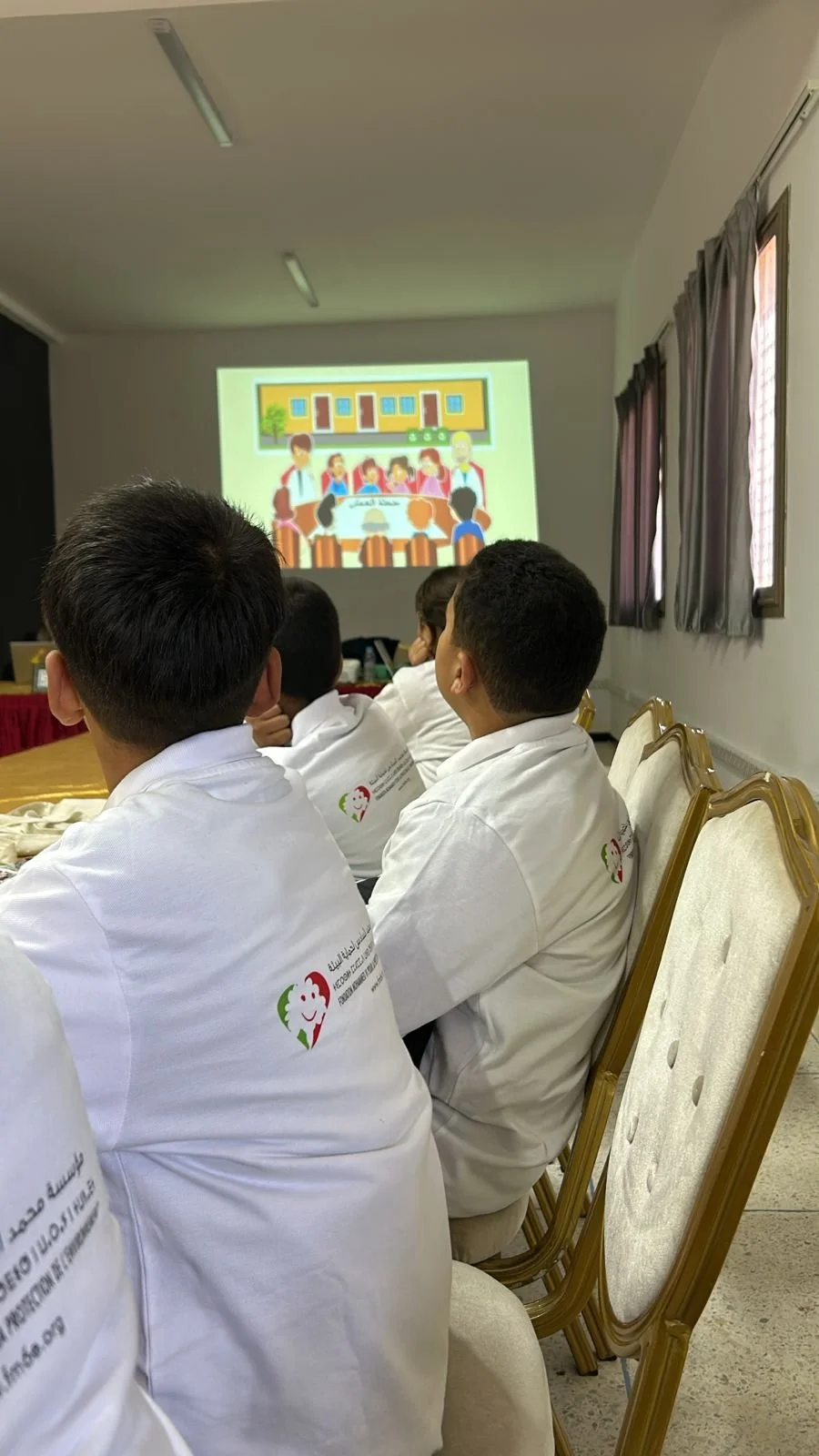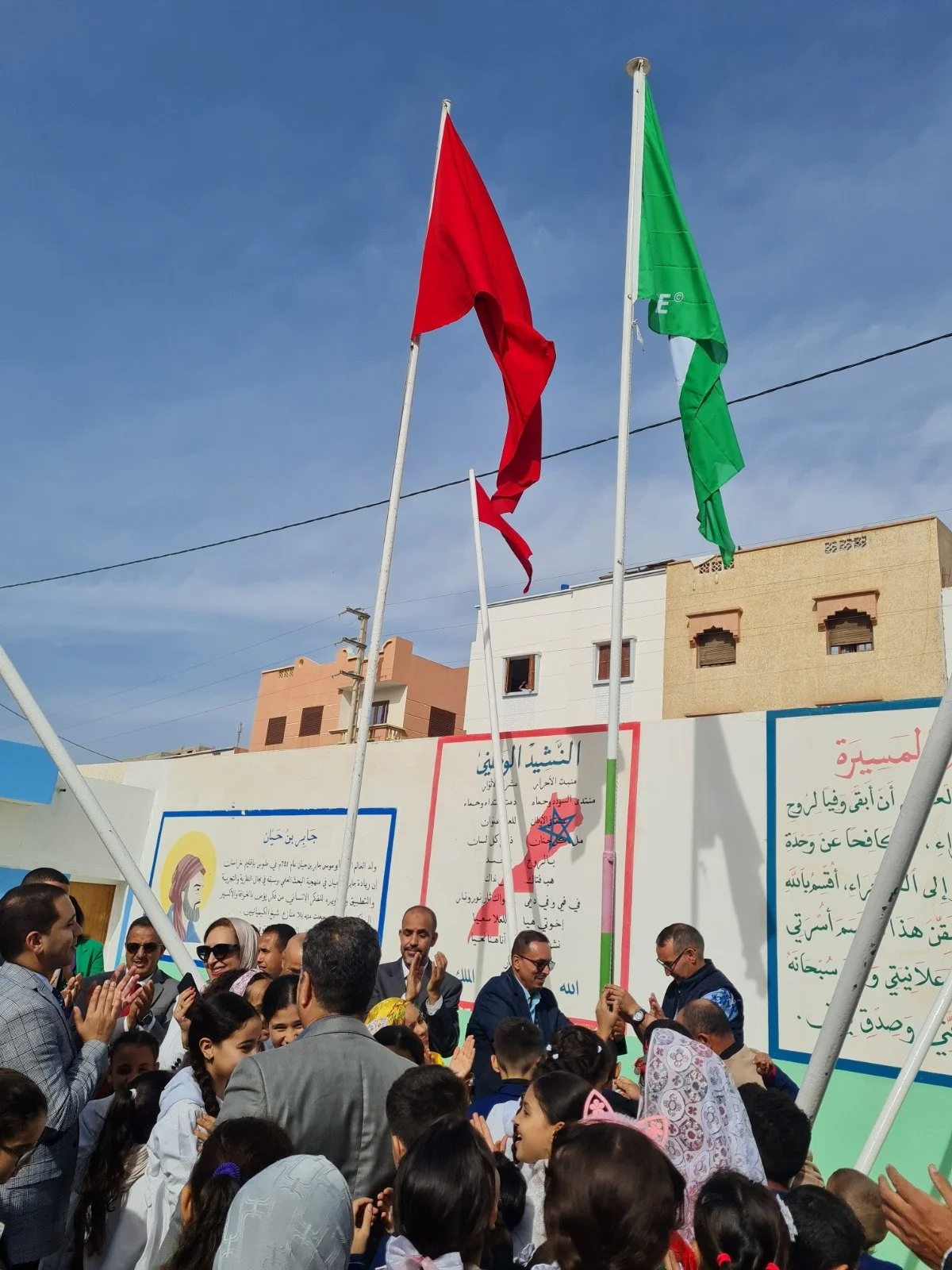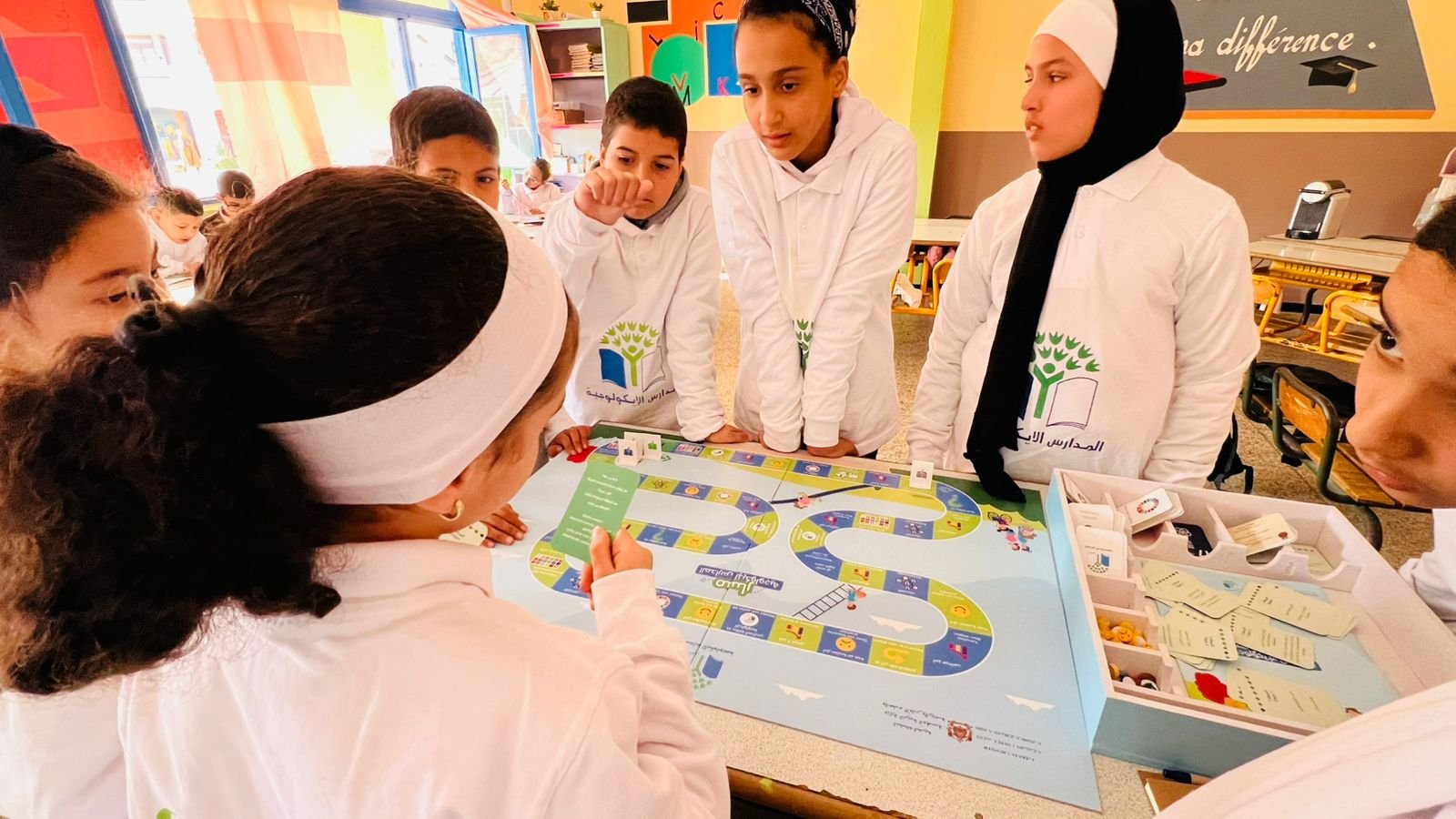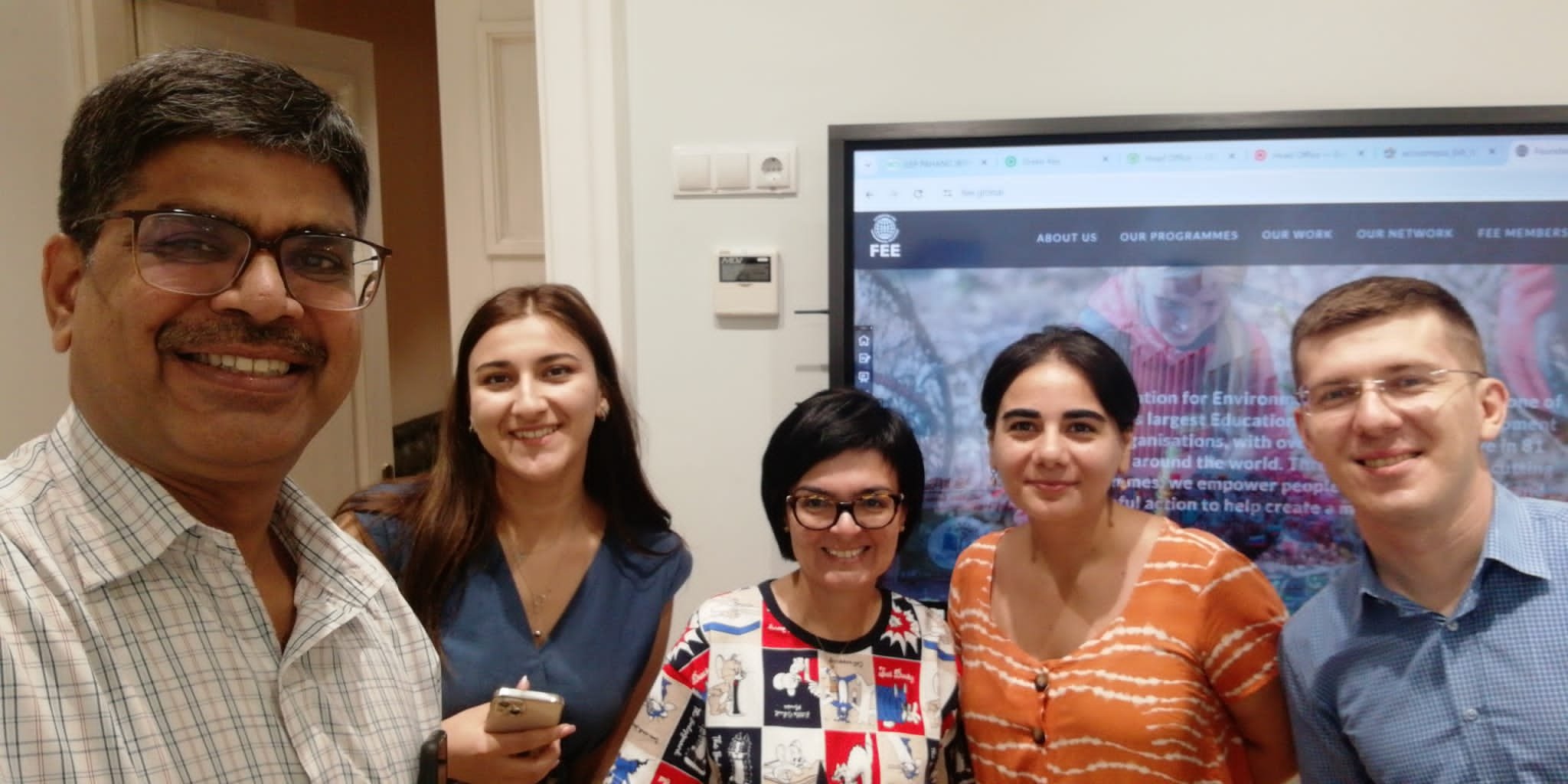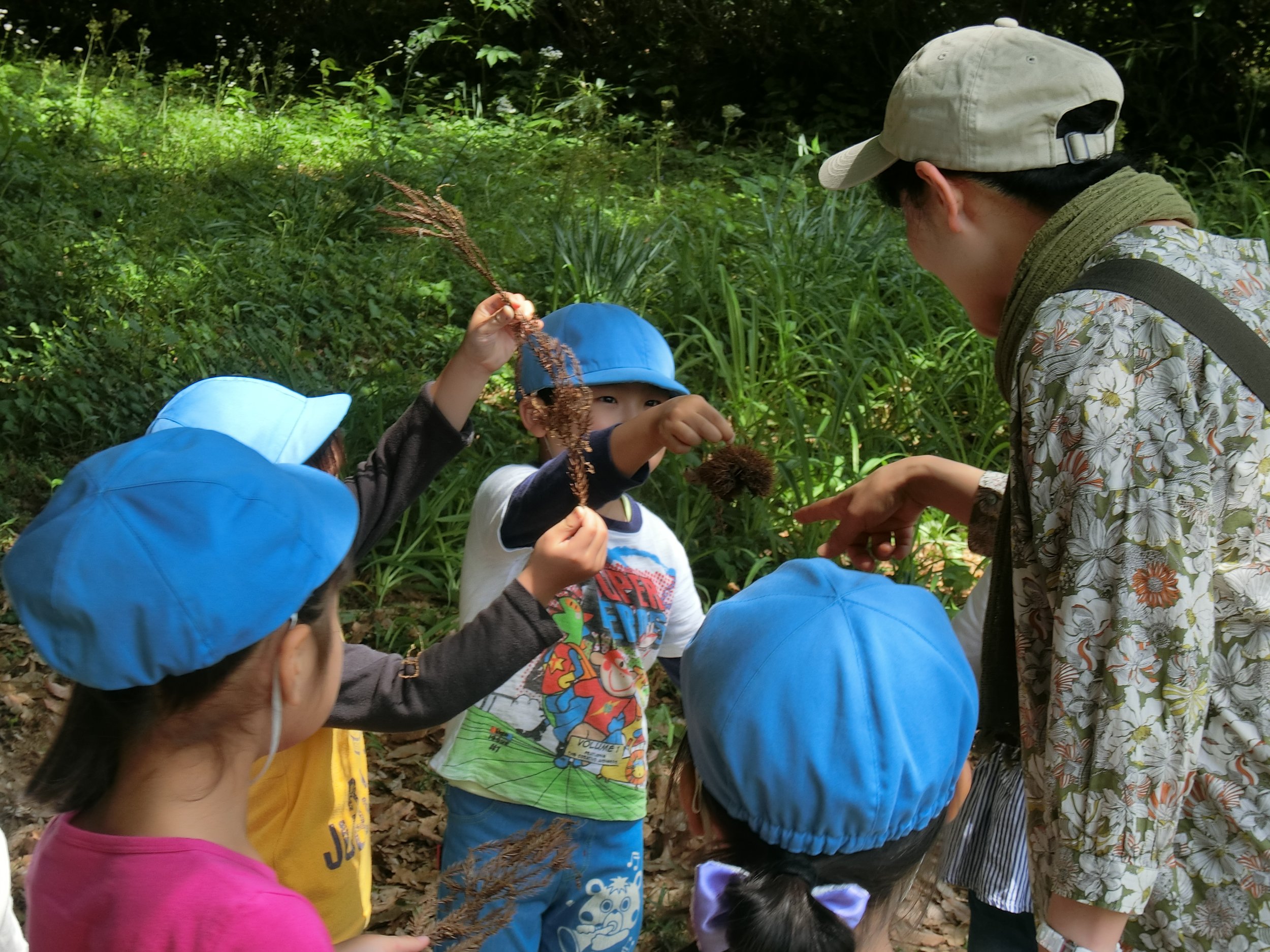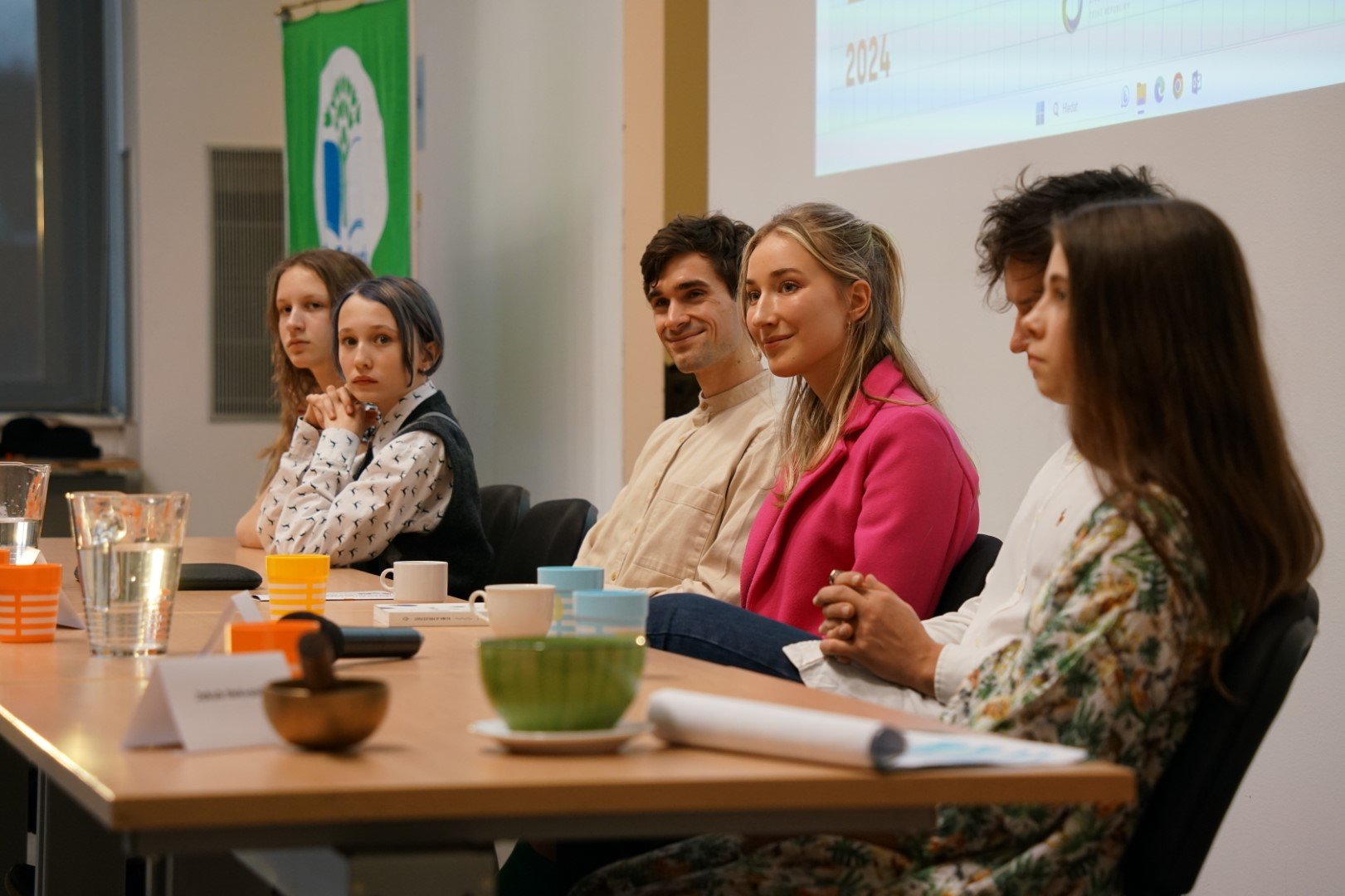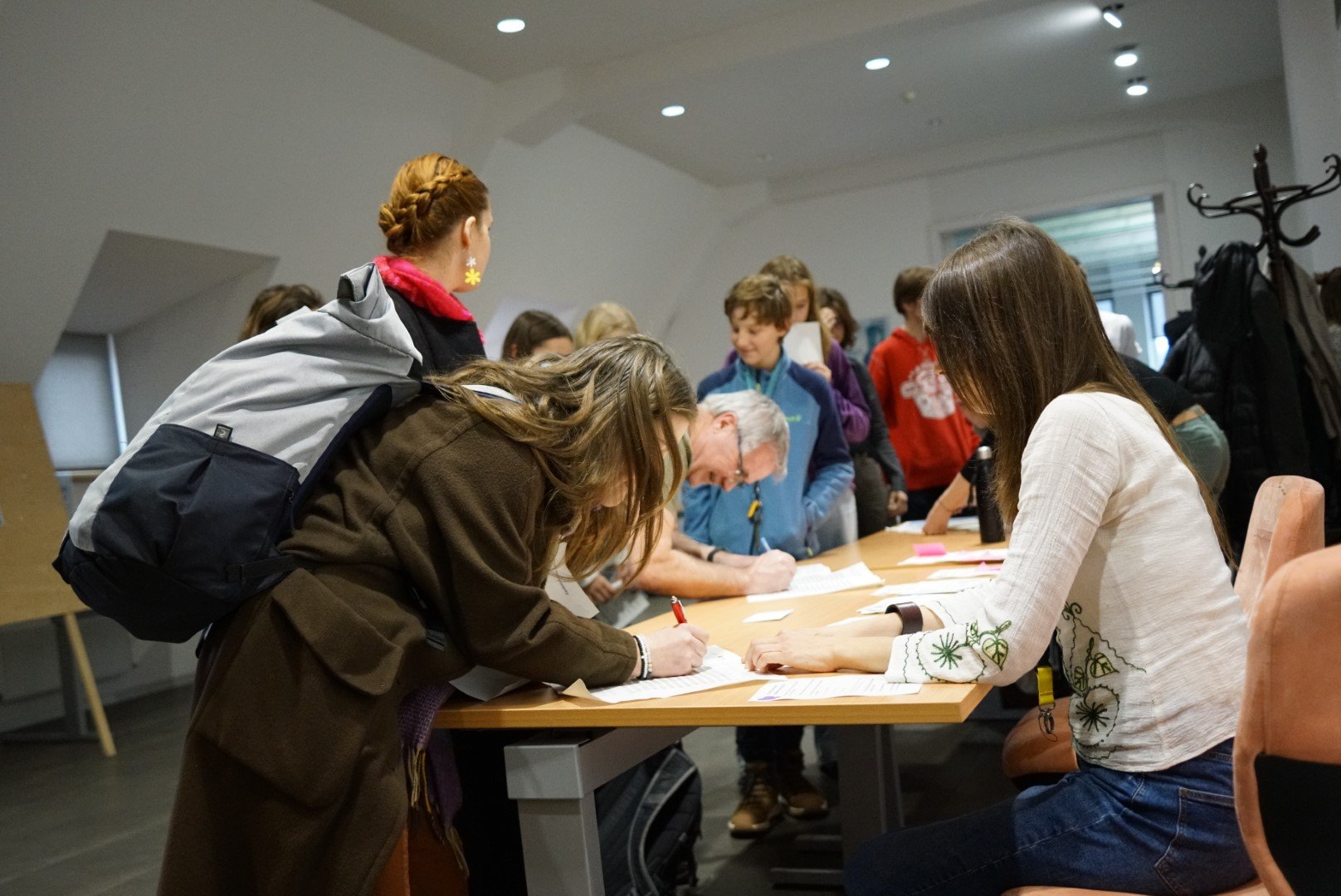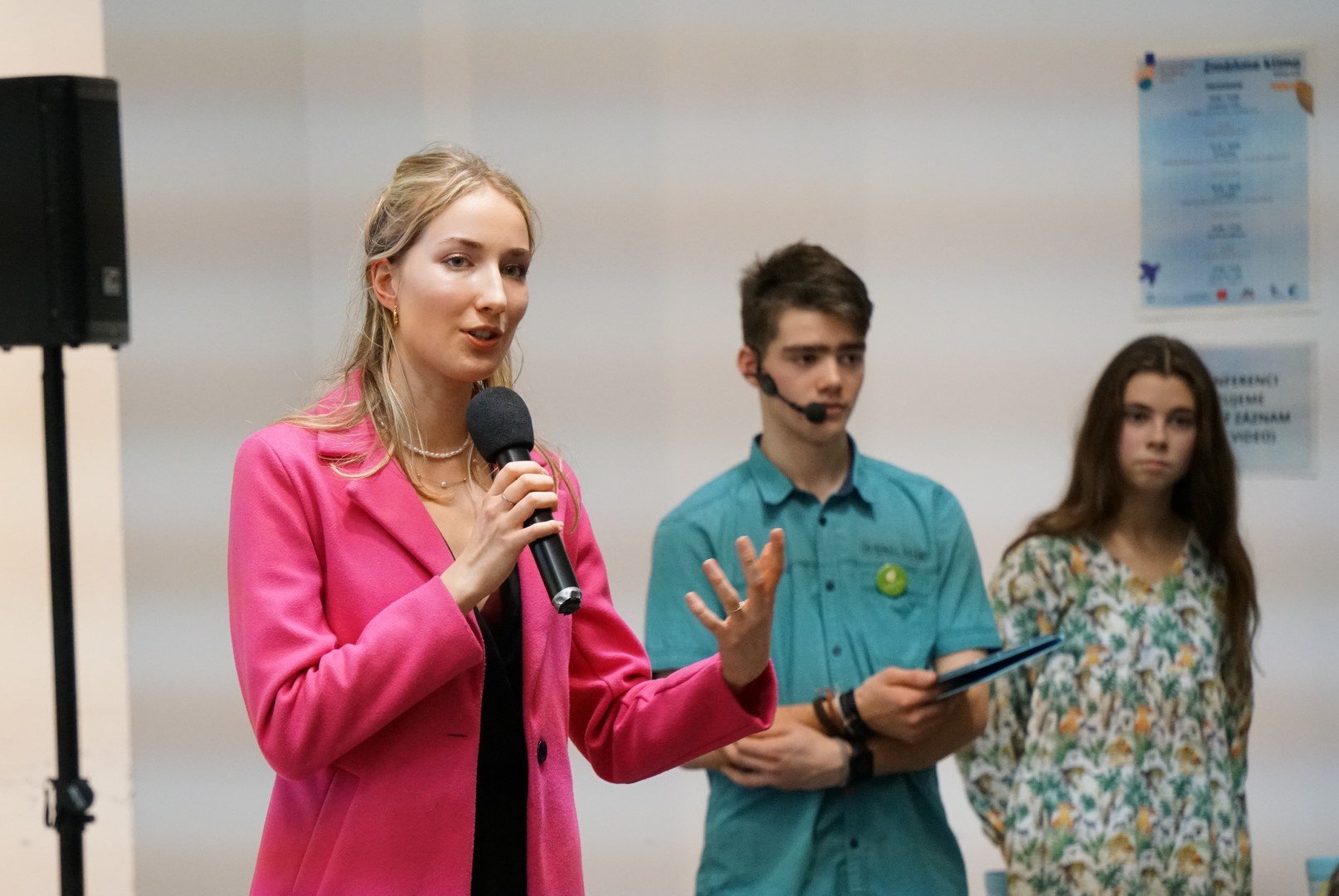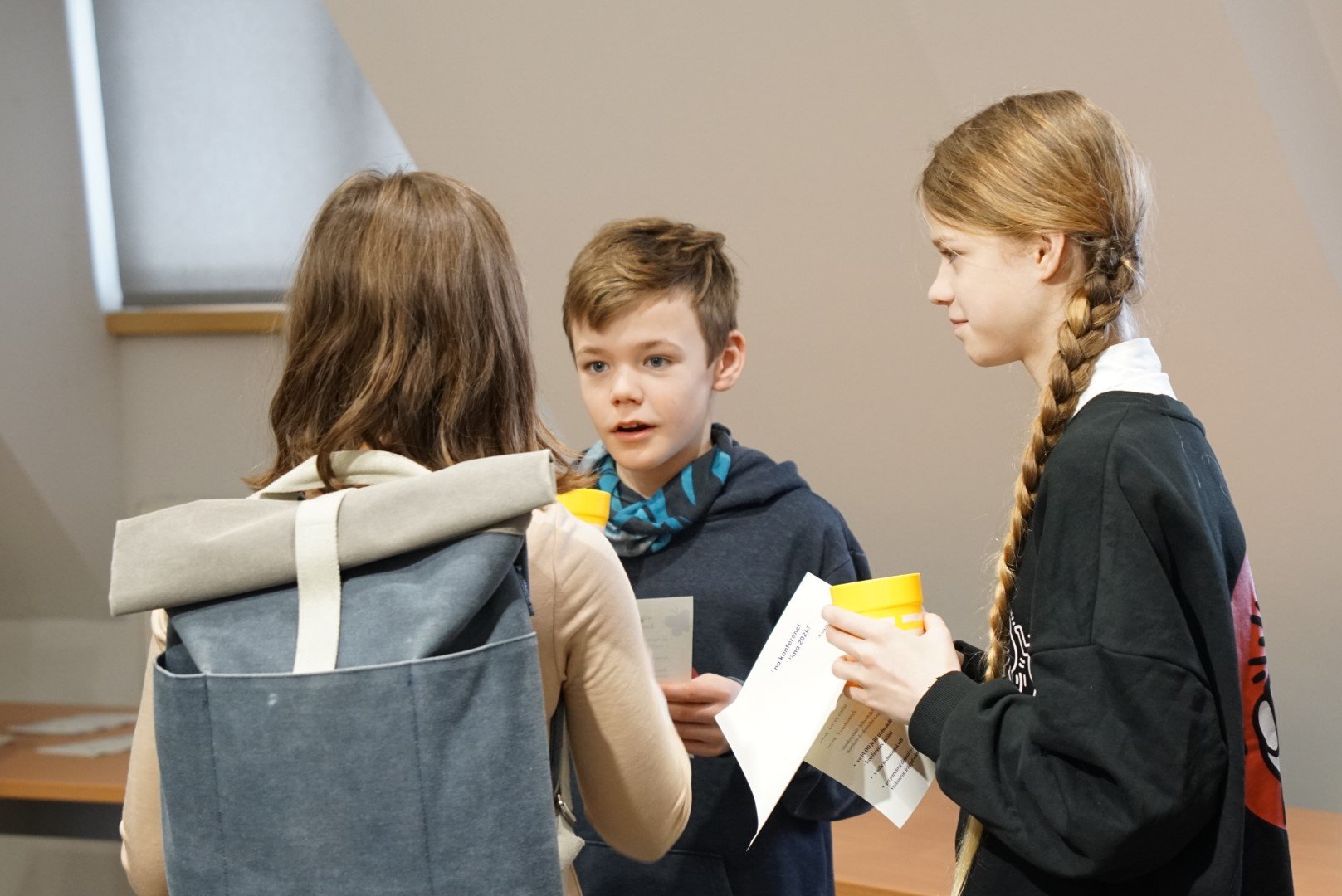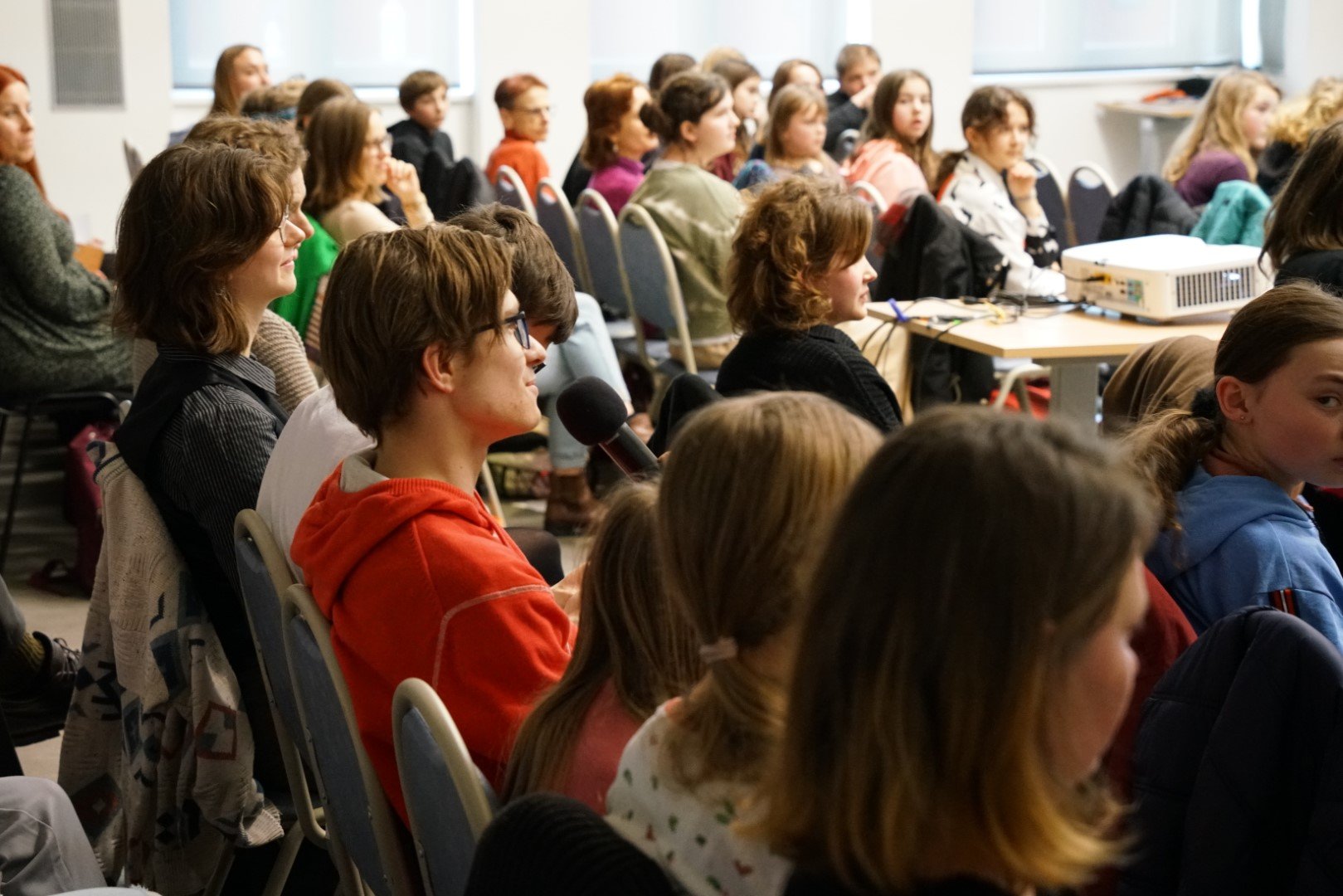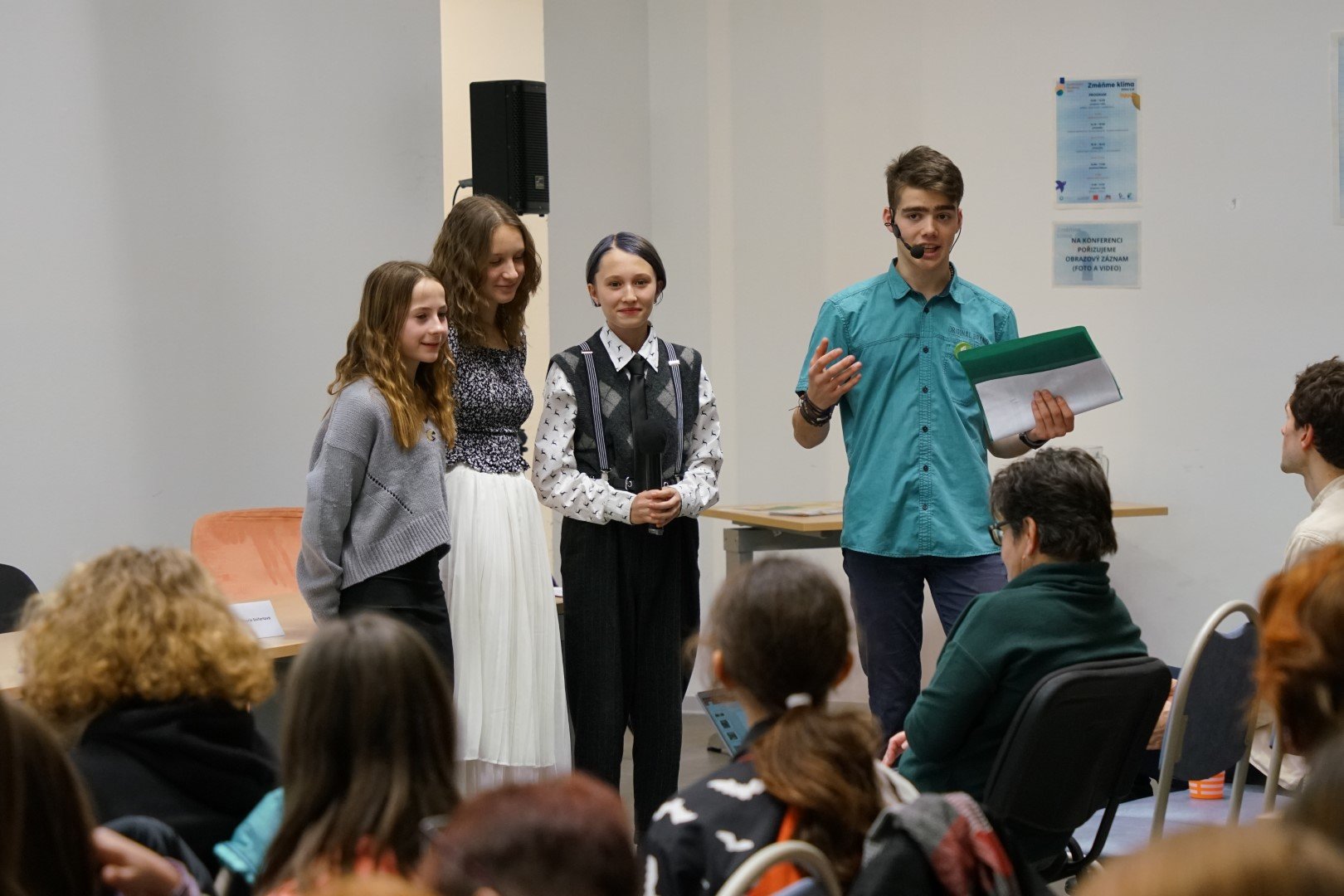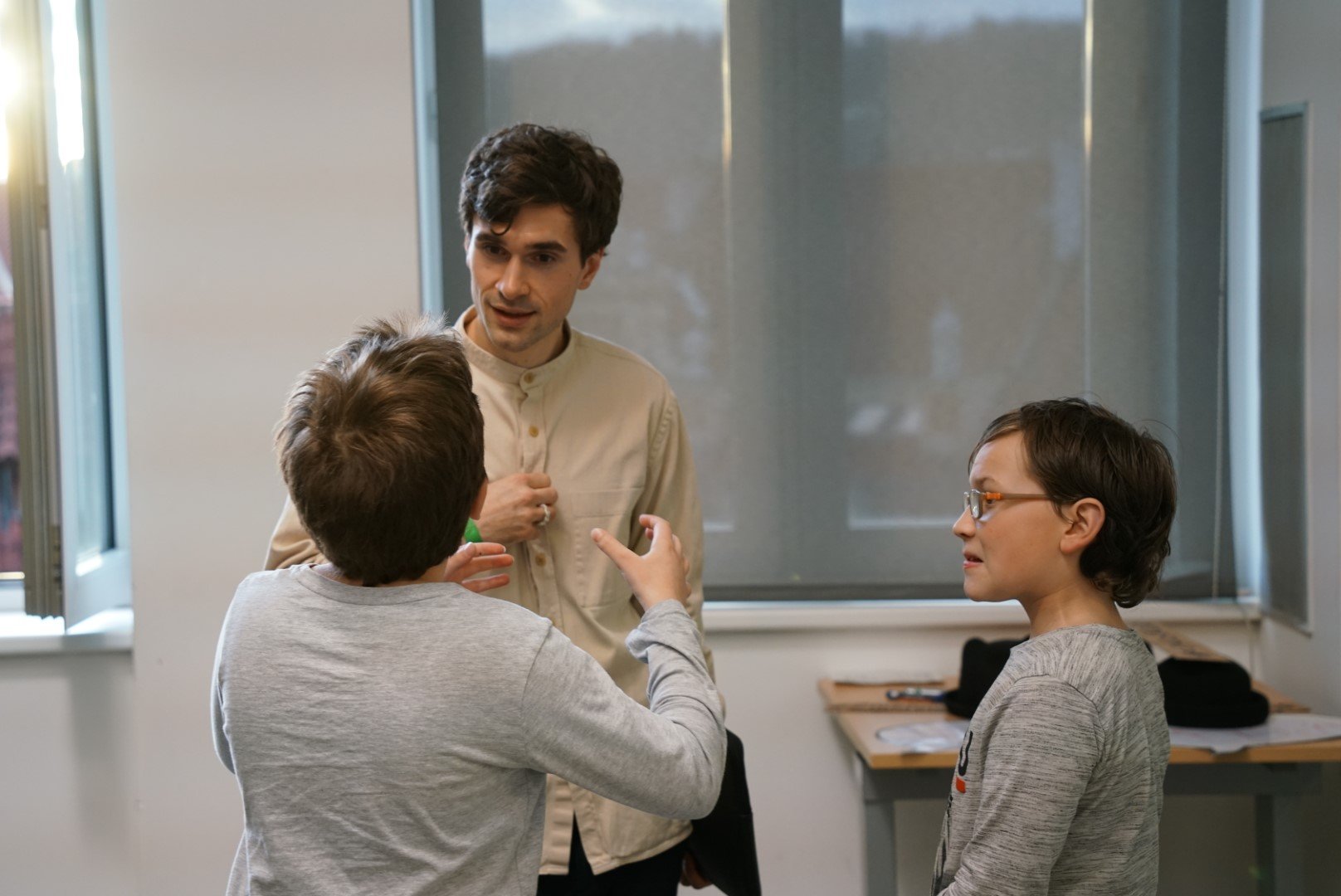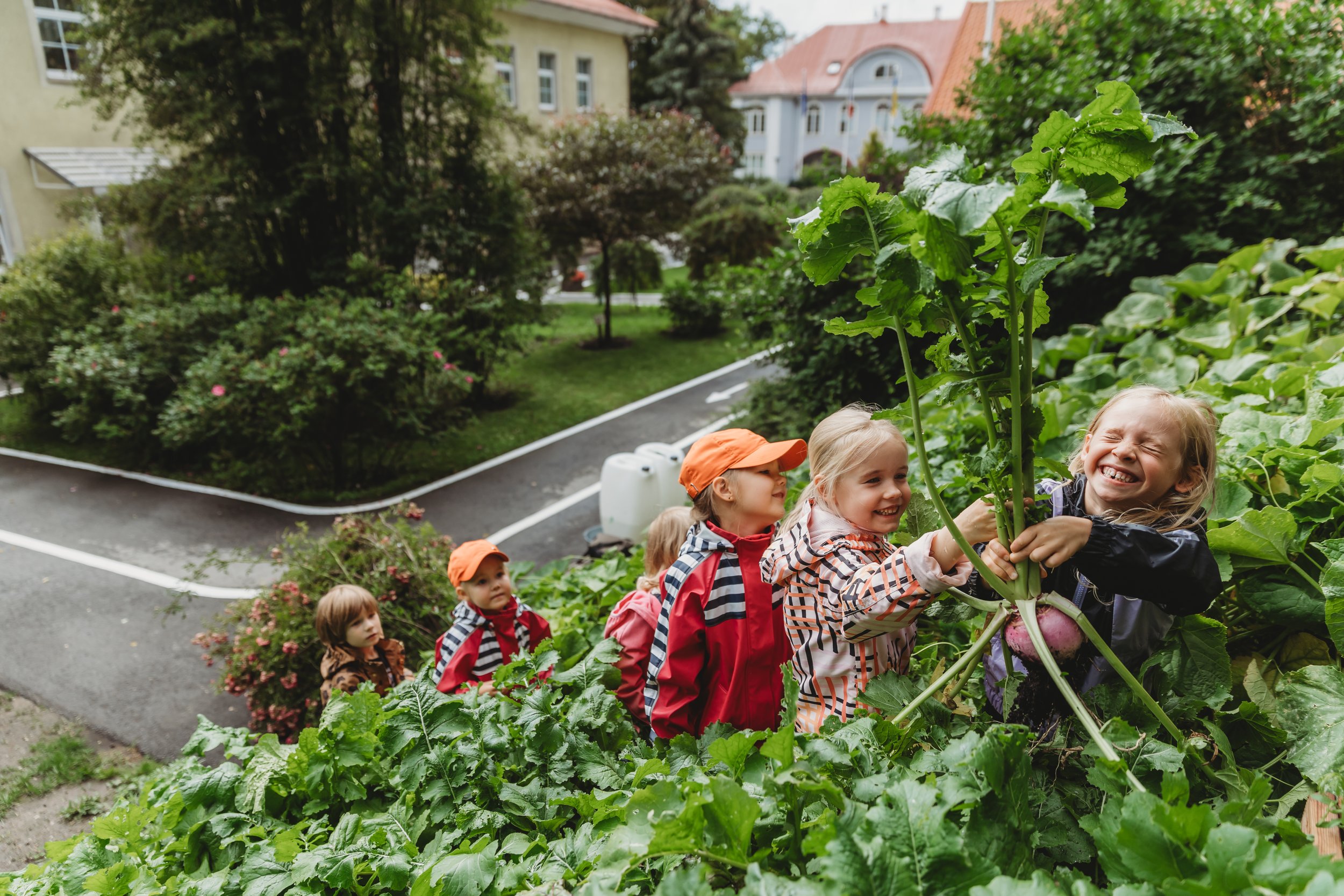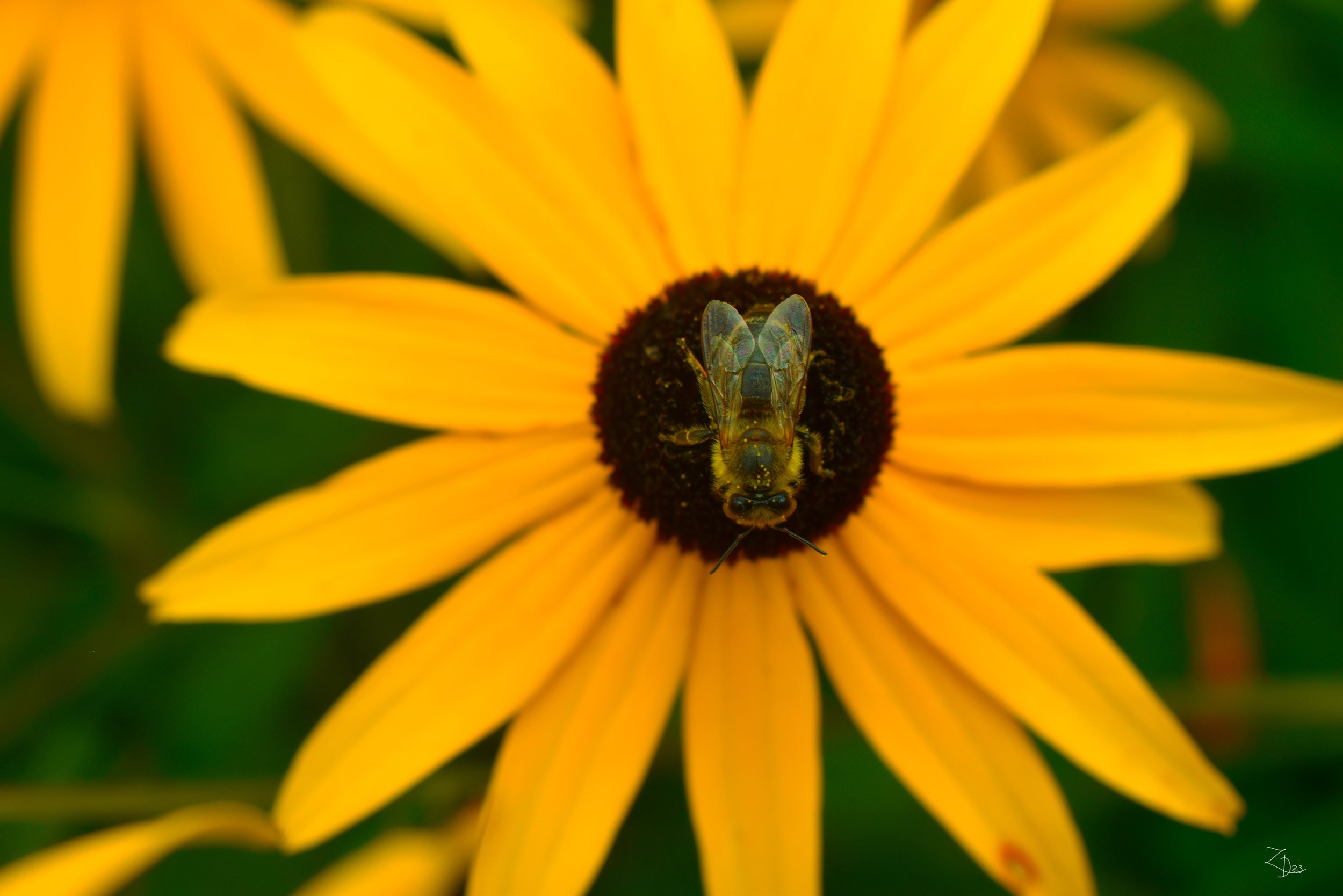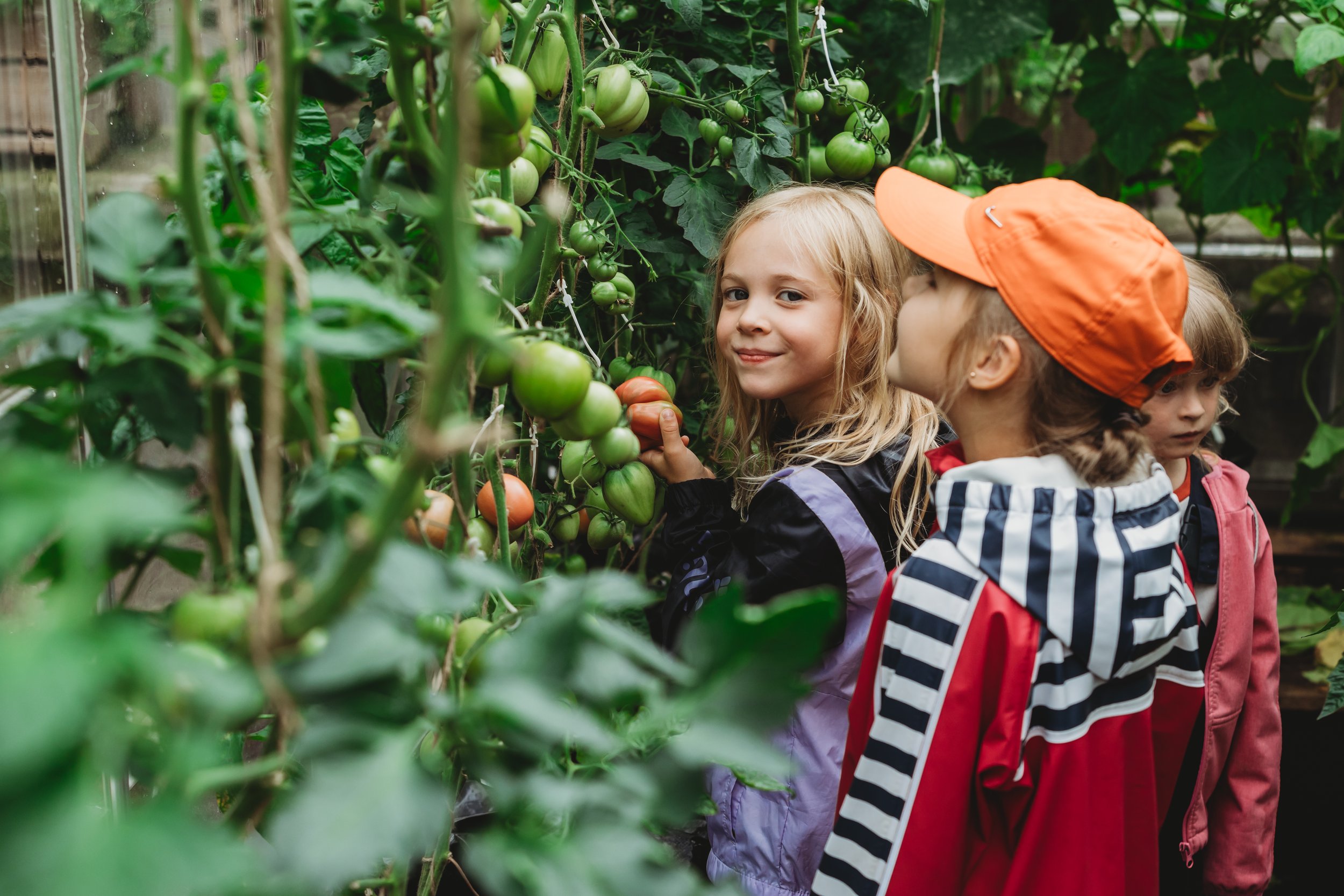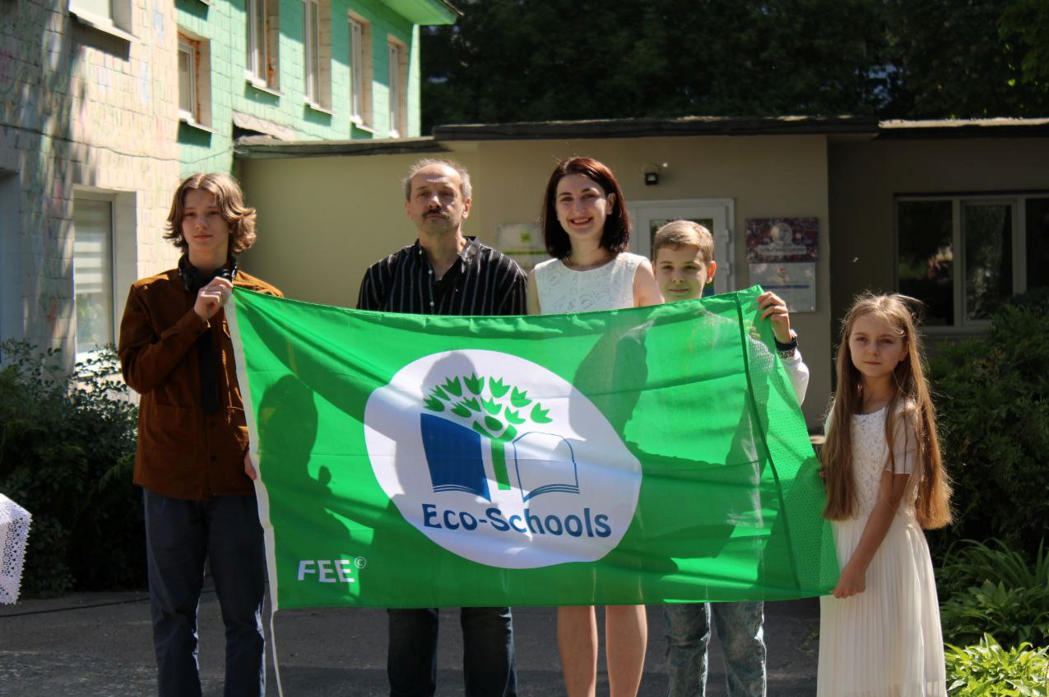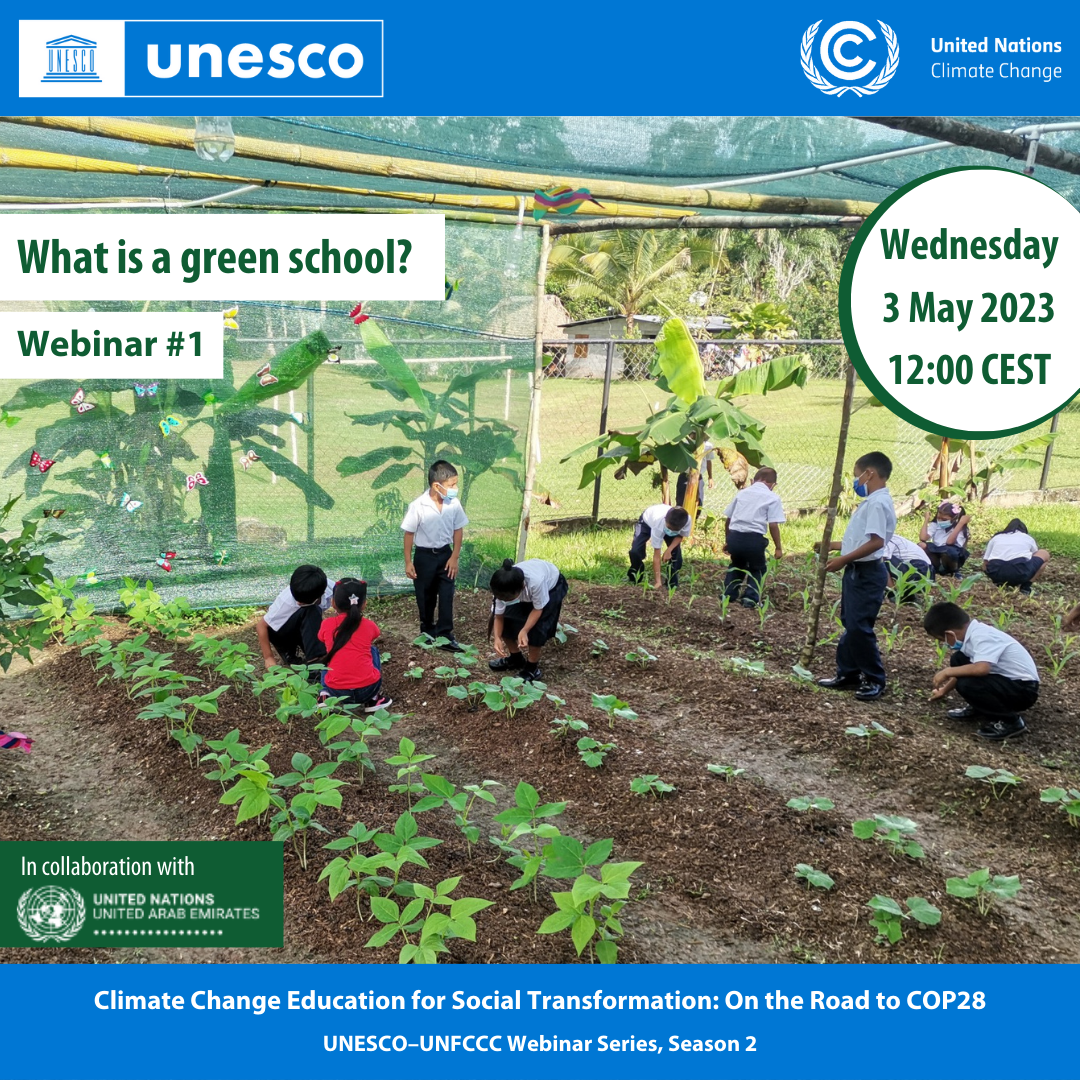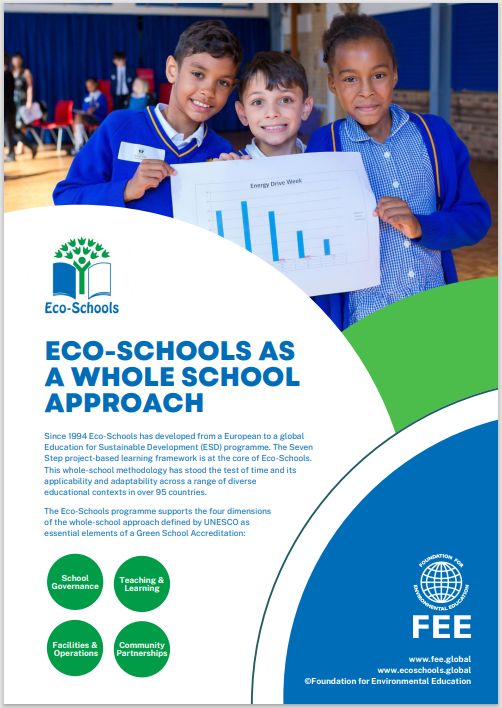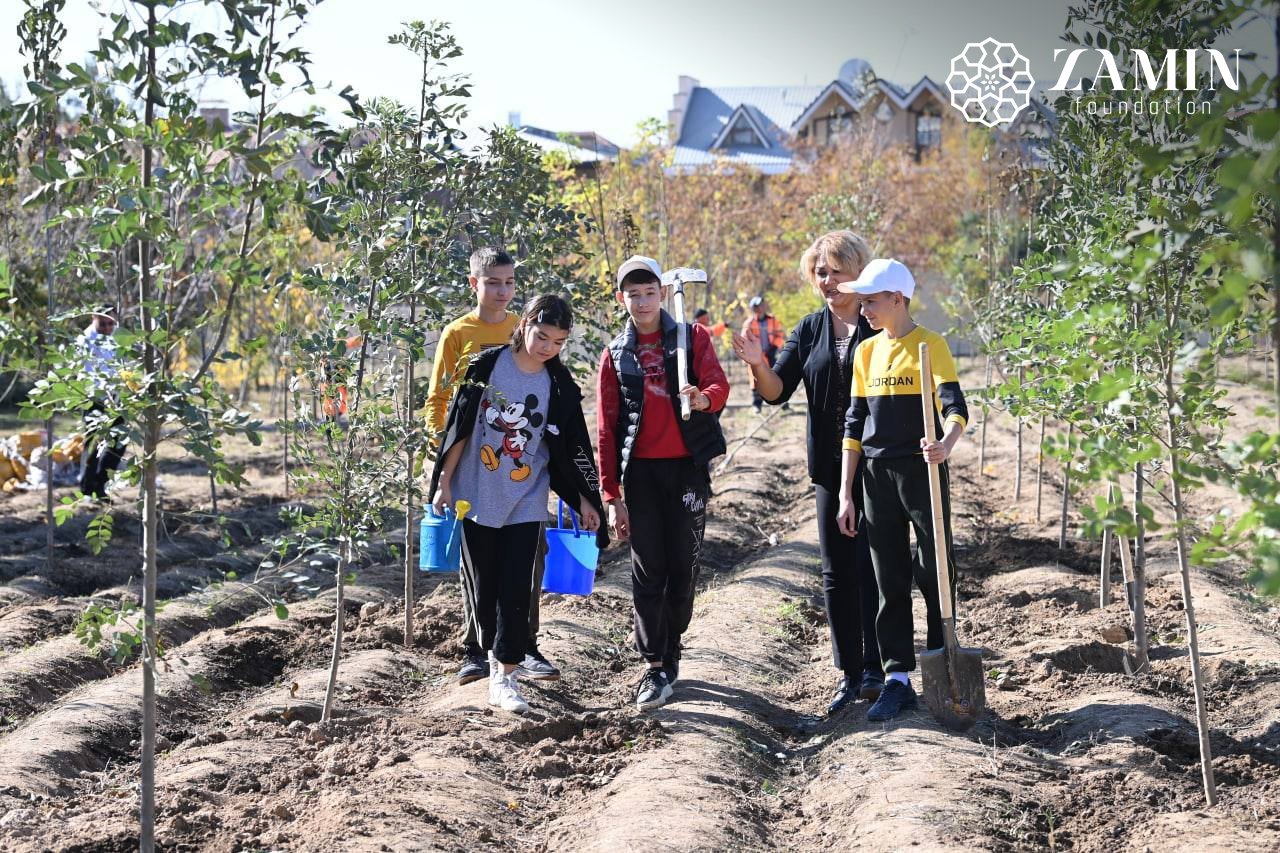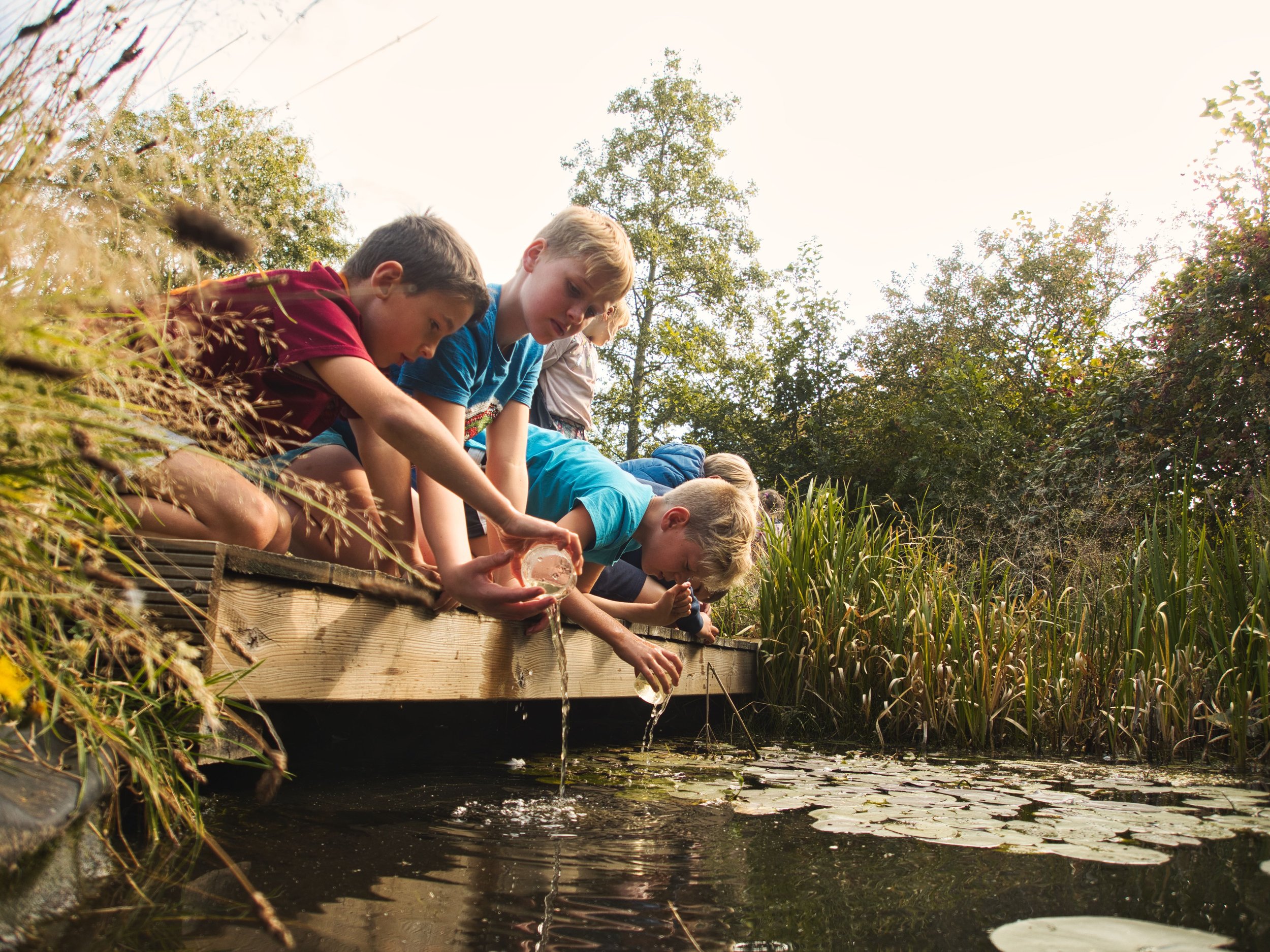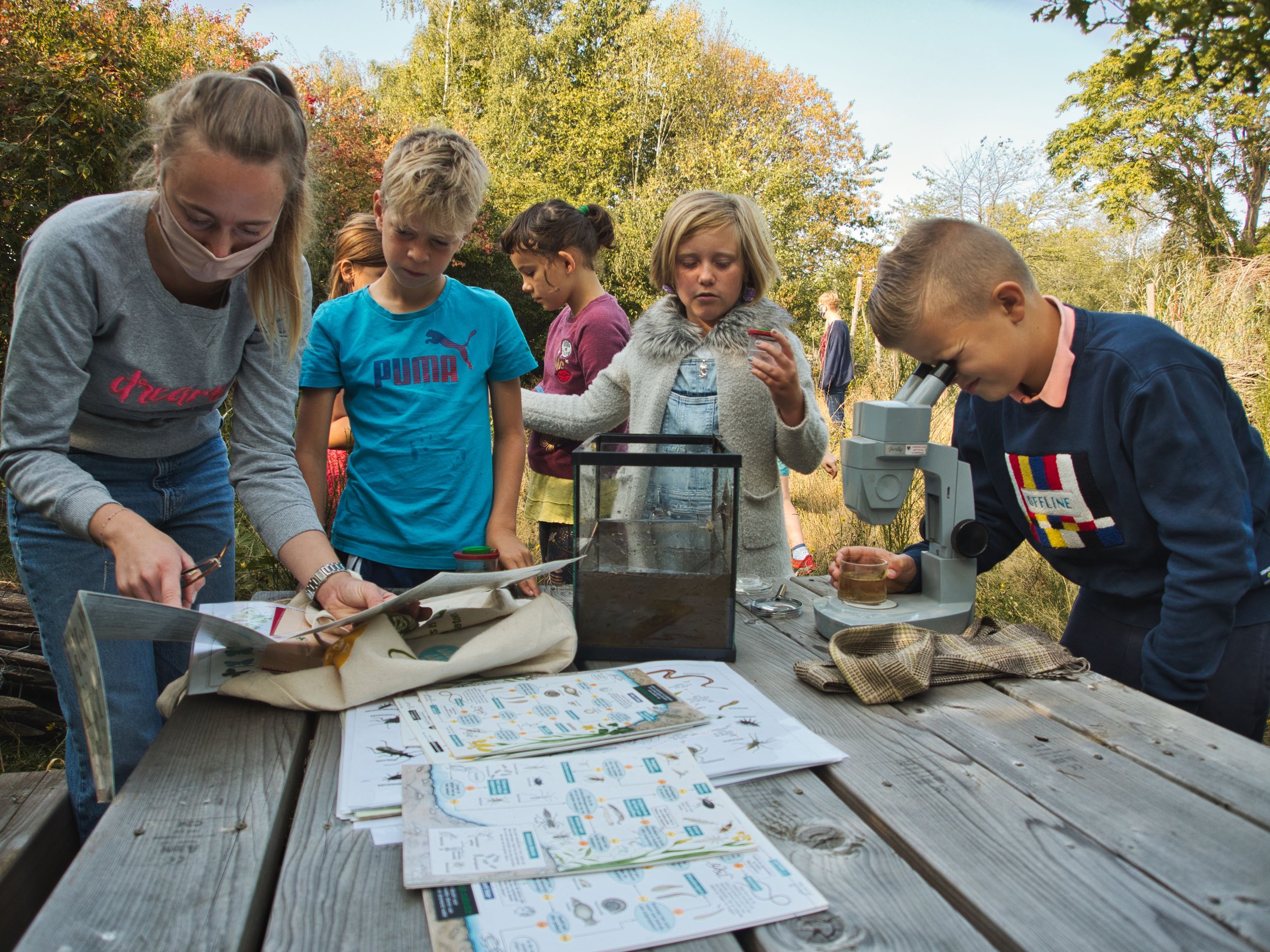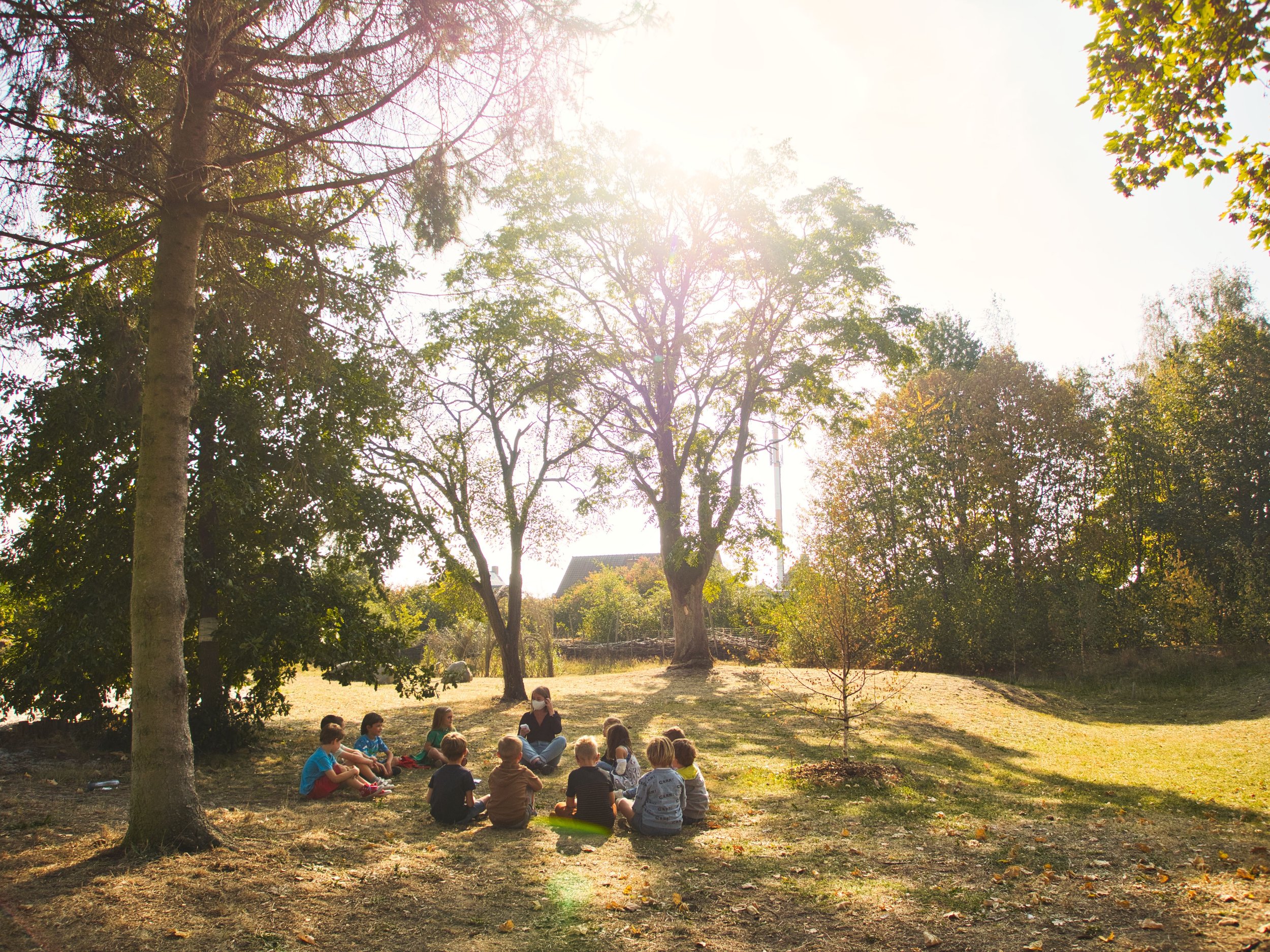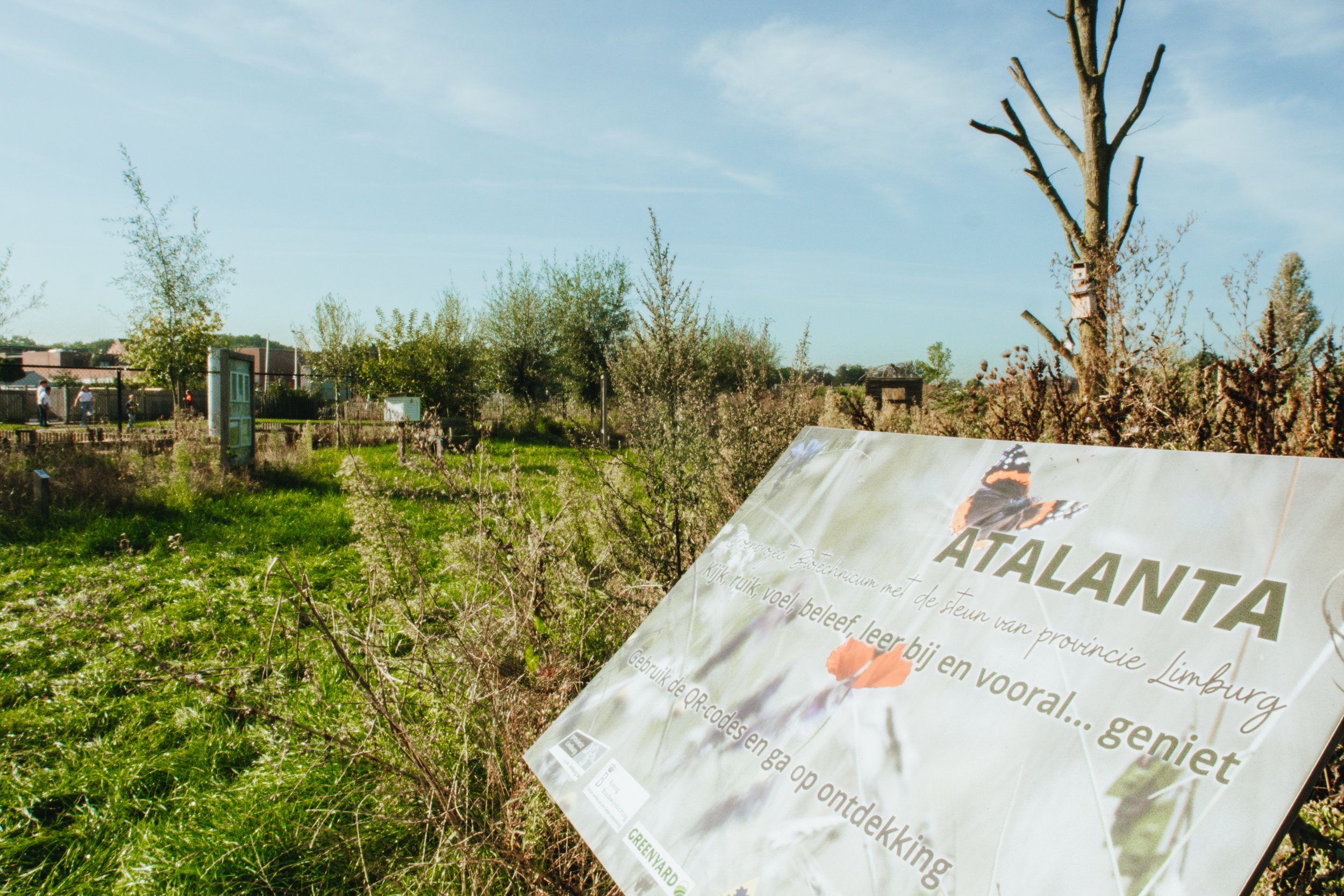Green school playgrounds offer endless advantages; from climate education opportunities to becoming local biodiversity steppingstones, as well as local air temperature and air quality regulation. In many urban areas, however, playgrounds are often made of grey concrete, turning their back on local biodiversity while also being uninspiring places for children to play. Tasked with solving the problem of lifeless areas, a partnership between the government of Flanders, five Flemish provinces, and the VGC in Brussels (Dutch-speaking schools) was formed, leading to the start of "Playgrounds with a Future" (Een Speelplaats met Toekomst in Dutch).
MOS Vlaanderen, a Belgian member organization of the Foundation for Environmental Education (FEE), got involved in the project back in 2018 when they joined the "Movement for Friendly and Shared School Playgrounds" focus group along with GoodPlanet and the Flemish Government. They worked together to develop a shared vision for the design of greener, more environmentally friendly, and inspiring playgrounds and school environments. The efforts of the focus group later evolved into the current "Playgrounds with a Future" network and the subsequent design of the “Playground with a Future” poster which integrates the common vision of the network stakeholders. On the ground, using the vision set out by Playgrounds with a Future as a guide, MOS continues to actively support school greening initiatives by providing guidance on how to improve playgrounds so they become areas where students can learn from, about, and in nature. This is done through offering grants, coaching about education for sustainable development (ESD), and providing support to schools willing to undertake the schoolyard greening process. The partnership still exists and comes together to discuss the steps required to provide schools with as much support as possible.
The "Playgrounds with a Future" vision also advocates for green spaces to be handled in an environmentally friendly manner, avoiding the use of pesticides and herbicides. These environmentally friendly practices make the school playgrounds inviting spaces for local biodiversity and help combat habitat loss and fragmentation in urbanised areas. “Playgrounds with a Future” are therefore outdoor spaces with living nature, giving children a chance to spend time outdoors, discover and learn about their local biodiversity, and develop a connection with the natural world. All these are vital skills which allow the students to acquire nature preservation and conservation values.
With 366 greening projects currently underway around Flanders and Brussels, the “Playground with a Future” project has thus far been a success, but the work doesn't stop here. Every year in May, an Open School Garden Day is held to further encourage schools to take on this schoolyard greening process. The Open School Garden Day gives schools an opportunity to exchange ideas and recommendations about their own greening experiences, including how to adequately maintain the outdoor green spaces, the observed advantages, which the greener playgrounds bring to students and local biodiversity, and how the playgrounds can help promote outdoor education. To provide further support and encouragement, MOS has released also a set of good practices in order to offer additional direction and inspiration to schools, as well as offering vital training sessions to schools that already have taken part in school garden maintenance.
